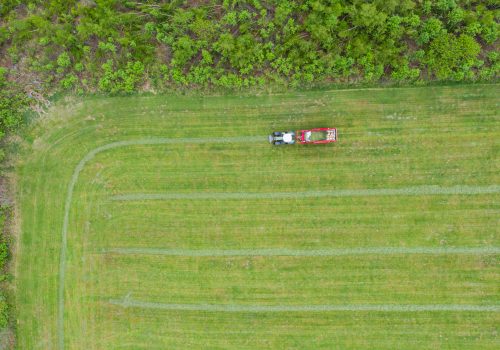Technologies and new approaches to data have radically transformed and will continue to change the way agriculture and the complex, ill-defined networks of our food system function, both domestically and internationally. To fully leverage the power of the opportunities available and in the near future, and to monitor for unintended effects, connections between the tech and agriculture industries are essential. While innovation in the AgriTech space has been accelerating, there is a disconnect between leaders in technology and farmers on the ground, especially in ensuring that smallholder farms have access to these new innovations.

At the center of the global food system is the necessity to produce and distribute enough food to feed the world, yet one third of all food produced for consumption is wasted while 21 percent of children under 5 are affected by stunting globally. The conversations on Day 1 discussed innovative tech solutions that eliminate food waste, how a combination of large and small farms is necessary to produce enough food for 11 billion people, ways to increase the amount of reliable data on nutrition, and how to overcome vulnerabilities in global supply chains to ensure everyone has equal access to healthy food.

Food insecurity both weakens the United States internally and increases economic and political instability across the world. It is imperative the innovations in agriculture remain a priority, and the conversations on Day 2 addressed how leaders in tech and data will drive this innovation. Roundtable discussion topics include how to build a robust predictive analytics software for food systems stress, challenges in providing food in emergency situations, technical innovations to secure and train the next generation of farmers, and solutions to overcome barriers to credit, land ownership and tools for small farms in the US and abroad.

Agriculture and climate change are intricately connected, and the future of global food security depends on developing and perfecting sustainable methods of agriculture. Conversations on Day 3 focused on how to incentivize a regenerative agriculture system, accelerate research for resilient crops and seeds, and overcoming misinformation and disinformation in the agriculture space.
To view the recap of AgriTechAction, please see below:




